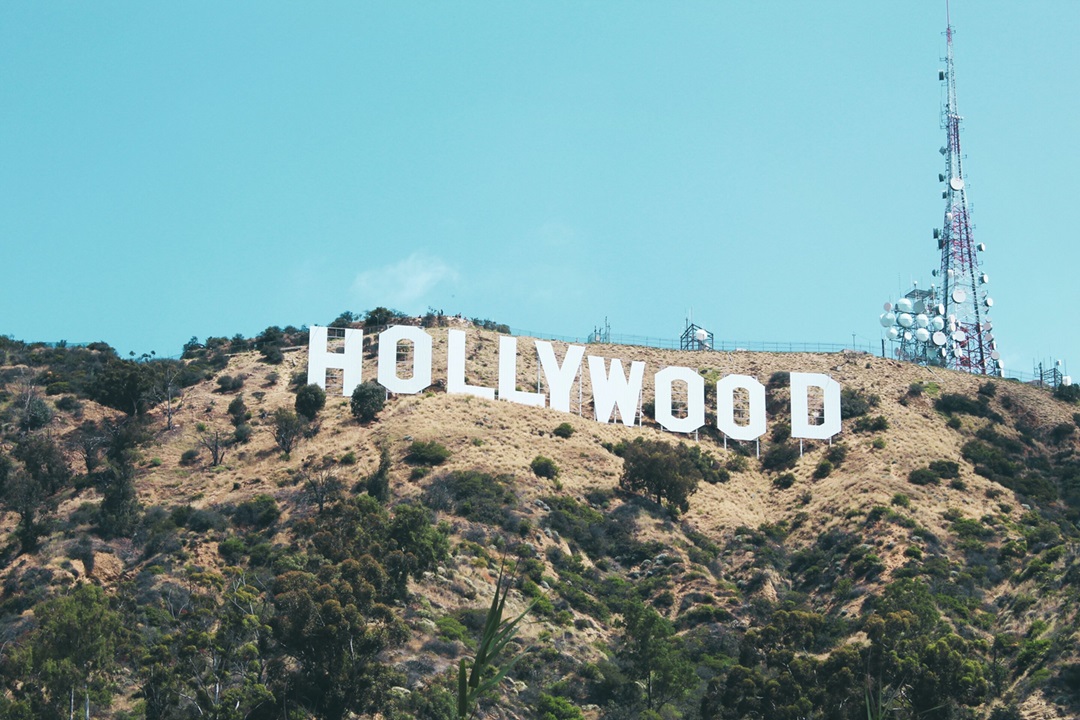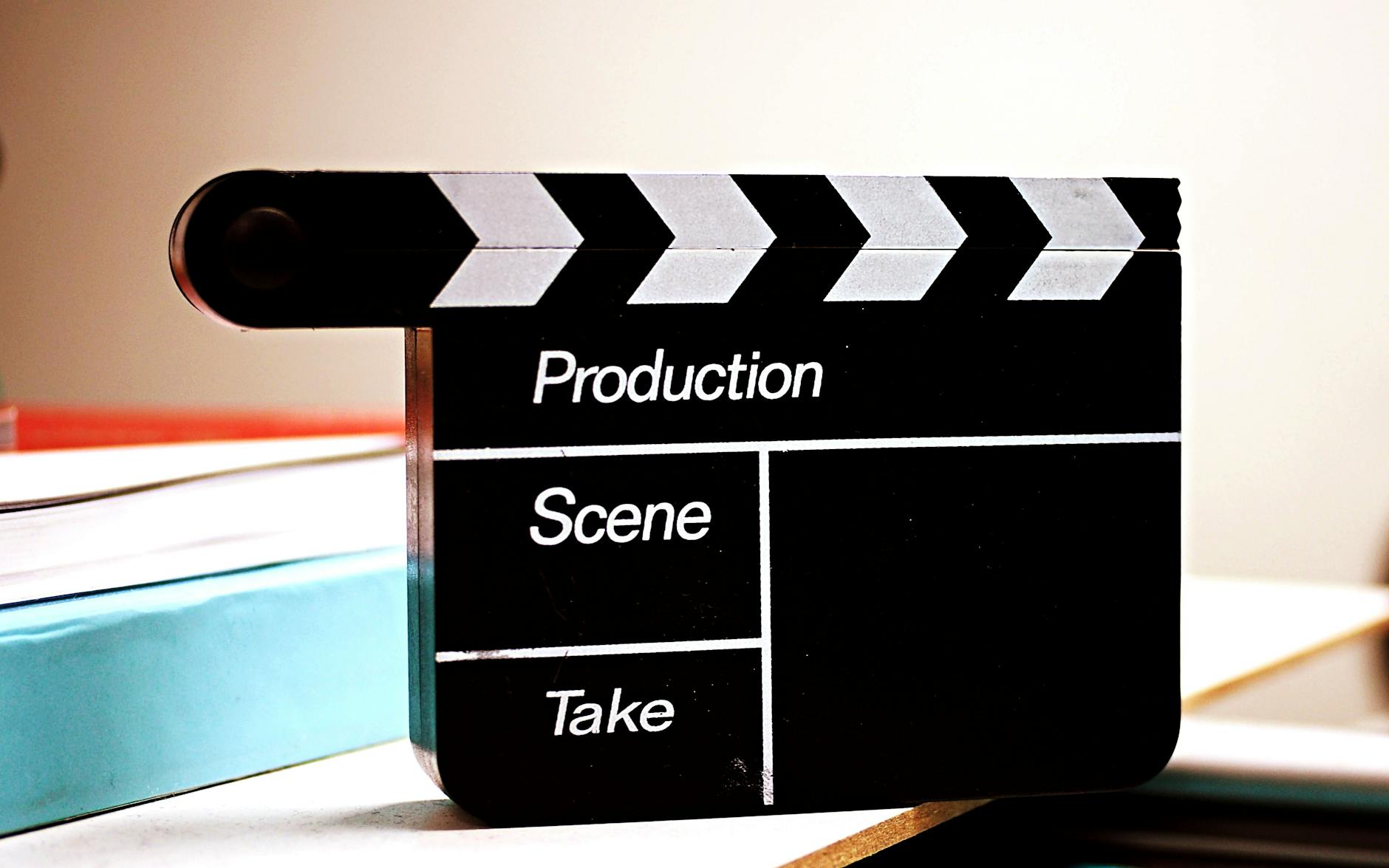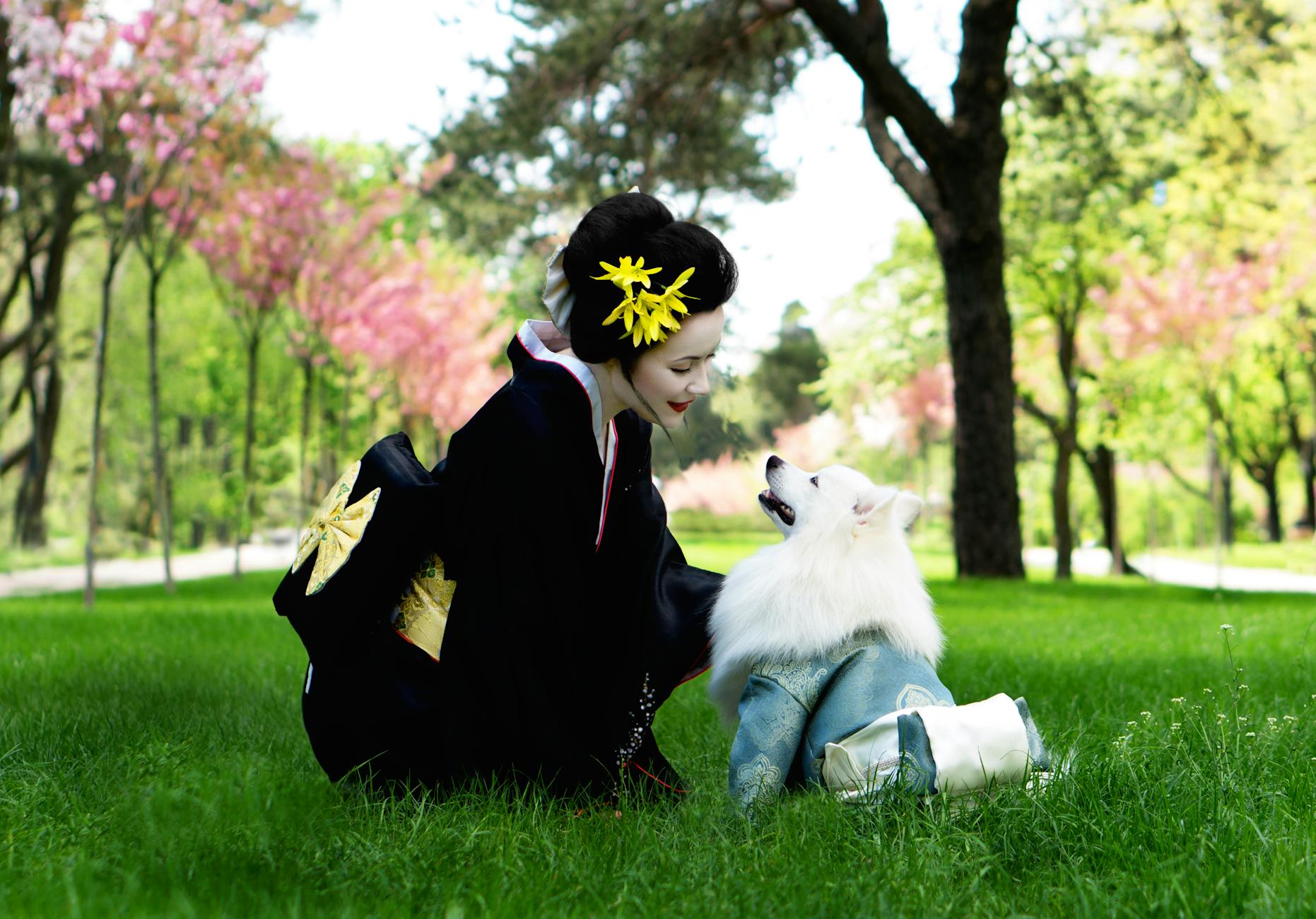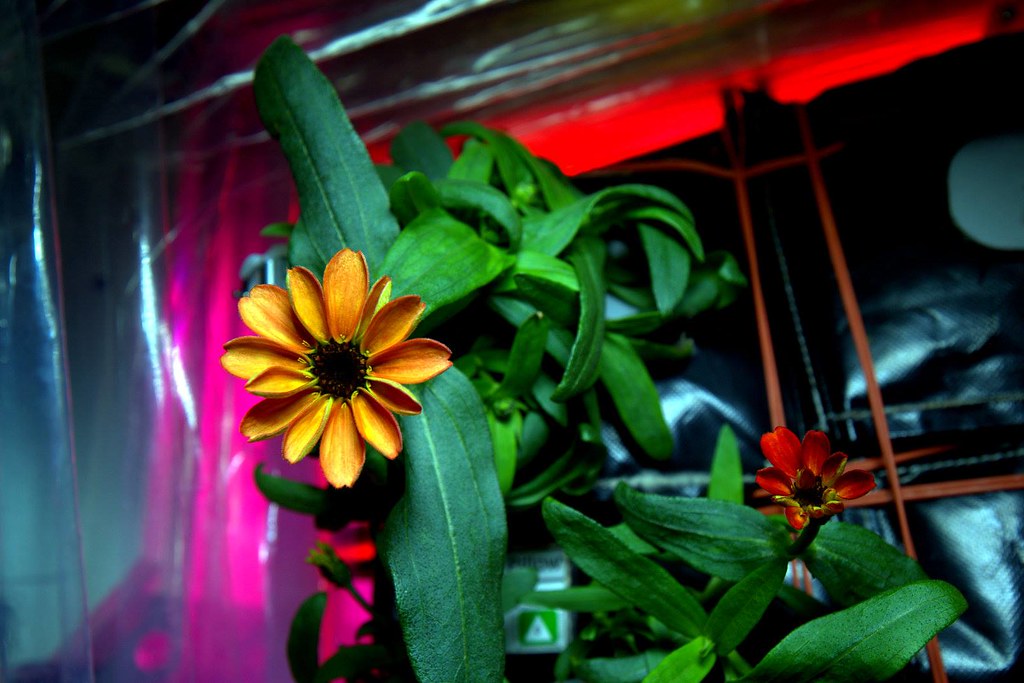OpenAI’s latest technological marvel, Sora, is sending ripples through Hollywood, promising to revolutionize the creative landscape while simultaneously raising concerns about the future of traditional filmmaking. This groundbreaking AI tool, capable of generating high-quality video clips from text prompts in under a minute, has captured the attention of major studios like Paramount, Warner Brothers Discovery, and Universal.
Sora’s arrival comes at a pivotal time for the entertainment industry, still recovering from recent writer and actor strikes. The technology’s ability to transform simple text descriptions into visually stunning video content represents a quantum leap in creative capabilities, building upon the foundation laid by OpenAI’s earlier image generation model, DALL·E 3.
The potential impact of Sora on the film industry is already evident. Tyler Perry, a prominent producer and studio owner, has put an $800 million expansion of his Atlanta studio on hold, citing concerns about the rapid pace of AI advancement. This move underscores the broader anxiety within the industry about how tools like Sora might disrupt established production workflows and potentially replace traditional filming techniques.
As OpenAI prepares for a broader rollout of Sora later this year, the company has been actively engaging with Hollywood studios, talent agencies, and media executives. CEO Sam Altman and COO Brad Lightcap are seeking industry input on how to introduce Sora to the public responsibly, recognizing the delicate balance between innovation and industry disruption.
The advent of Sora has reignited discussions about copyright and intellectual property protections. Like other AI models, Sora is trained on publicly available and licensed content, but questions persist about the use of copyrighted materials without explicit permission. This has led to legal challenges for OpenAI, with creators demanding transparency, consent, and compensation for the use of their work in AI training.
Labor unions are preparing for action in response to the potential job disruptions caused by AI technologies like Sora. A recent study commissioned by unions representing Hollywood artists predicts that by 2026, over 100,000 U.S. entertainment jobs could be disrupted by generative AI. In light of this, unions are gearing up to negotiate for clearer AI regulations and stronger protections for workers in upcoming contract negotiations.
Despite the challenges, some in the industry see potential benefits in AI technology. There’s growing optimism about AI’s ability to increase efficiency and reduce costs in film production. However, this optimism is tempered by the need for strong guardrails to protect workers’ interests and ensure ethical use of AI in the creative process.
As Sora continues to evolve, its impact is likely to extend beyond just replacing traditional filming techniques. It could revolutionize in-movie set production, enable the creation of simulated remote sets, and potentially even replace human actors in certain contexts. This shift could significantly affect the roles of writers, designers, and artists involved in the end-to-end process of filmmaking.
While Sora’s current capabilities are impressive, OpenAI acknowledges that the technology still has limitations. It cannot yet handle complex tasks like maintaining shot continuity or creating Hollywood-standard stories and dialogue. In its early stages, Sora is more likely to be used for enhancing pitch decks, automating editing tasks, and lowering barriers to entry for new filmmakers.
As the film industry grapples with the implications of Sora and similar AI tools, it’s clear that the landscape of creative production is on the cusp of a major transformation. The coming months and years will likely see intense debates and negotiations as the industry seeks to balance the potential of AI with the need to protect jobs, creativity, and intellectual property rights. The story of Sora and its impact on Hollywood is just beginning, and it promises to be as dramatic and transformative as any blockbuster film.







